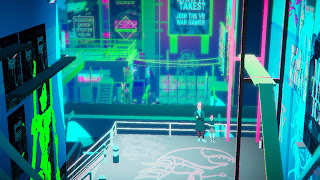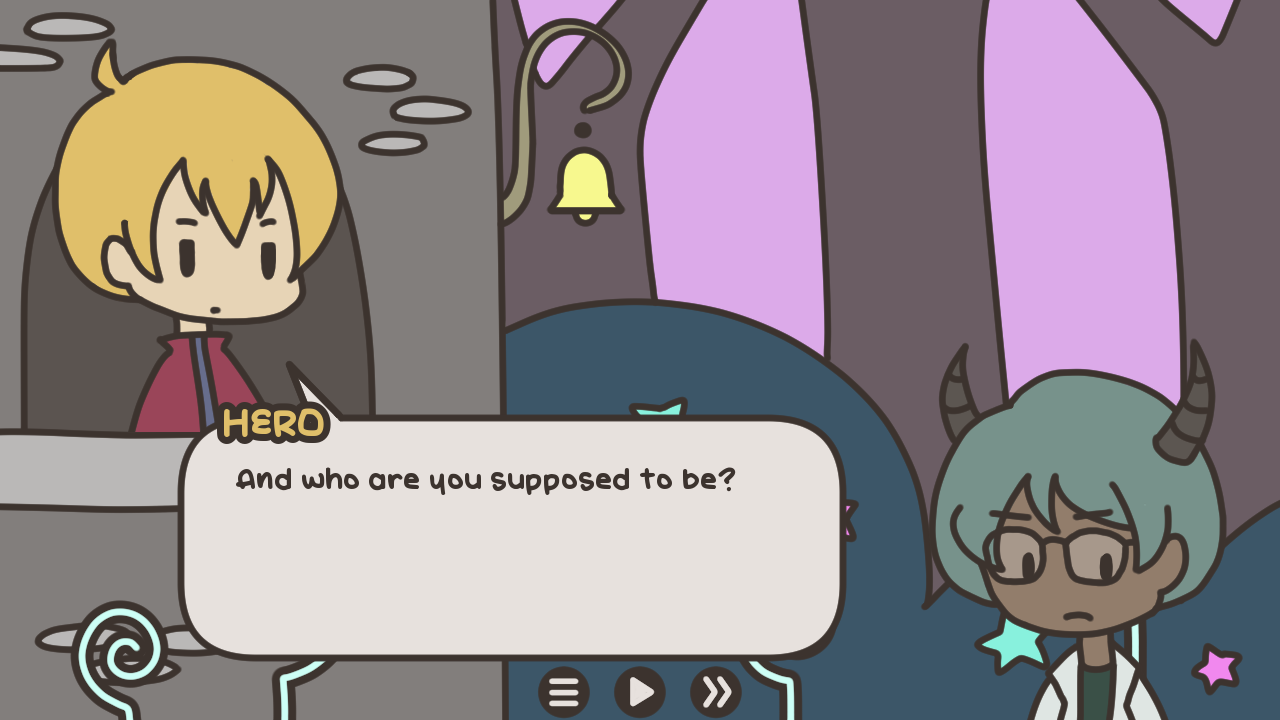Superliminal’s puzzles mess with your perception and preconceptions
Since it can be difficult to find time to finish video games, let alone find interesting ones that will provide a complete entertaining experience in a few hours. For this series I’ll talk about a short game that could easily be played to completion over a weekend.
For a time after any particularly novel and successful video game there are a number of games that follow in its footsteps, but tweak the original’s formula to create something new. After Portal and Portal 2 a lot of games took the series’ test chamber structure to puzzle gameplay and went off in different directions with it. Games like Antichamber, Unfinished Swan, the Stanley Parable, and others all found different ways to innovate of that structure both in terms of gameplay and narrative design. Now, many years later, Superliminal feels like a perfect distillation of the games directly inspired by the Portal series.
In Superliminal you are someone taking part in a strange sort of virtual reality dream therapy, where you are lucid dreaming, but also solving puzzles to orient yourself to the dream. The puzzle solving is all about perspective, with solutions often not making any real world sense, but making perfect sense if you are in a dream.
The example you’ll see most often in the game’s trailers, and which the game uses in the most frequent and varied ways, is how perception can change how far away and how big an object seems. For instance a wooden block with letters on it might normally fit in the palm of your hand, but if you held it close to your face (and with the right lighting) you might be able to trick your eyes into seeing it as giant and far away.
The game builds off this optical illusion and asks, but what if when you let it go it was actually giant and far away, or close to you and really tiny? Using this idea you then manipulate the size and placement of objects in order to traverse the dream space and solve puzzles.
There is more to the game’s puzzle solving as it finds clever ways to use other optical illusions of perspective and assumptions you have about how the world should work to impede your progress. Unfortunately it’s both difficult to explain them succinctly in words, and frequently figuring out the illusion or when to go against your preconceptions is the puzzle. Likewise the narrative is difficult to discuss without giving too much away, but it dovetails perfectly with the gameplay and ends up being an interesting meditation on perception.
The real brilliance of Superliminal is that finding solutions to puzzles is often not asking what you should do, but what might you be able to do. The solutions often seem completely illogical until you do them and then they make perfect sense. They can seem so illogical at times that it can give you the feeling you’re breaking the game through your own cleverness, but it only lasts until the next puzzle.
Superliminal was developed by Pillow Castle Games, and is available on the Epic Games Store (Windows), Playstation 4, Xbox One, and Nintendo Switch for $19.99. It is coming to Steam (Windows) in November 2020. It takes about three hours to finish.




